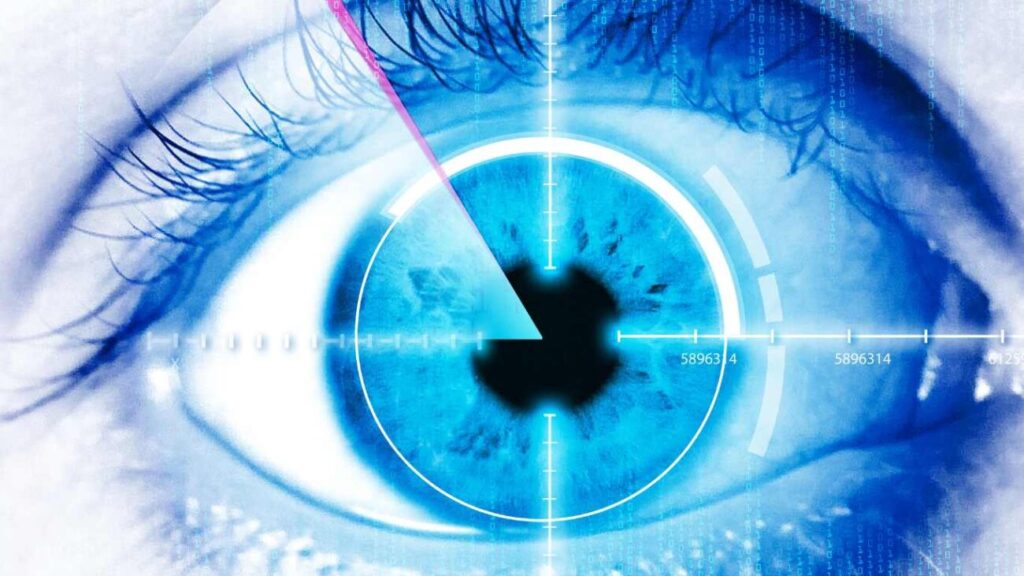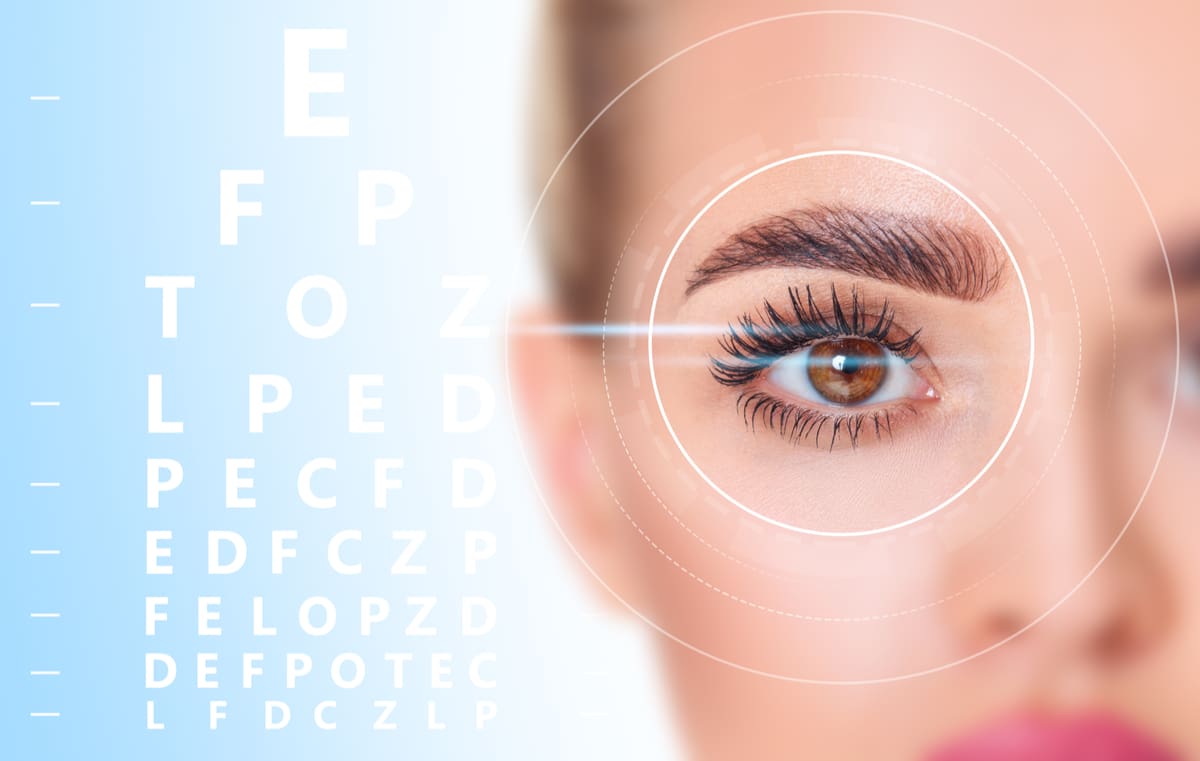If you’re tired of dealing with glasses fogging up or contact lenses drying out your eyes, the idea of laser eye surgery might sound like a dream come true. Millions of people around the world have turned to laser vision correction to simplify their lives—and for good reason.
But before you book your appointment, it’s essential to fully understand what you’re getting into. Laser eye surgery is a medical procedure, and just like any other, it requires proper planning, realistic expectations, and informed decisions. This guide walks you through the 10 most important things to know before getting laser eye surgery.
1. What Is Laser Eye Surgery?
Laser eye surgery, including the most popular form called LASIK (Laser-Assisted In Situ Keratomileusis), is a procedure that uses laser technology to reshape your cornea. The cornea is the clear front layer of your eye that helps focus light. When it’s not shaped quite right, it can cause refractive errors like:
- Nearsightedness (myopia)
- Farsightedness (hyperopia)
- Astigmatism
Laser surgery helps fix these issues so light focuses properly on your retina—leading to clearer vision, often without the need for glasses or contact lenses.
2. Why People Choose Laser Vision Correction
People typically opt for laser eye surgery for the freedom and convenience it offers. Imagine waking up and seeing clearly without reaching for your glasses. It’s not just about vanity—it’s also about practicality, especially for those who play sports, travel often, or work in active professions.
Many patients report an improvement in their quality of life post-surgery, including:
- No more dealing with broken glasses or lost contacts
- Long-term savings on eyewear and lens supplies
- Enhanced peripheral vision not blocked by frames
3. Not Everyone Is a Candidate
One of the first things to know is that not everyone qualifies for laser eye surgery. You’ll need a comprehensive eye exam to determine if you’re eligible
See more: CPAP Machines Online: Shopping Tips for the Best Deals and Quality
Typical requirements include:
- Age 18 or older
- Stable vision prescription for at least 12 months
- Healthy eyes (no severe dry eye or infections)
- Adequate corneal thickness
- No chronic conditions that affect healing (like uncontrolled diabetes)
Pregnant or breastfeeding individuals are often advised to wait, as hormones can temporarily affect vision.

4. The Consultation Is a Must
Before the procedure, you’ll undergo a thorough consultation. This includes:
- Vision tests and scans to map your cornea
- Eye pressure measurements
- Pupil dilation
- Discussions about your health history
This step ensures the surgeon knows exactly how to proceed and whether LASIK—or another procedure like PRK—is best suited for your eyes.
Analogy: Think of this like a tailor measuring you before sewing a custom suit. Precision matters.
5. Preparation Starts Days in Advance
Once cleared, your surgeon will give you a pre-surgery checklist. You’ll likely be asked to:
- Stop wearing contact lenses for several days or weeks (depending on type)
- Avoid wearing makeup, creams, or perfume on surgery day
- Arrange for someone to drive you home after the procedure
These steps help ensure accurate results and lower the risk of complications.
6. The Procedure Is Quick and Painless
LASIK is surprisingly fast. The entire appointment may last about 90 minutes, but the actual laser part takes less than a minute per eye.
Here’s what you can expect:
- Numbing eye drops are applied (no needles!)
- A small device keeps your eye open
- A flap is created in your cornea
- The laser reshapes the inner cornea
- The flap is placed back, no stitches required
You may feel slight pressure, but no pain. Most patients are surprised by how uneventful it is.
7. Recovery Is Fast, but You Still Need to Be Cautious
Most people notice clearer vision within 24 to 48 hours. Some can even drive the next day. But healing takes a few weeks, and you’ll need to follow some precautions:
- No rubbing your eyes
- Avoid swimming pools, hot tubs, and dusty environments
- Use prescribed eye drops as instructed
- Attend all follow-up appointments
Tip: Many people take a long weekend for the procedure and feel ready to return to work after 2–3 days.
8. Expect Some Temporary Side Effects
Laser eye surgery is safe and effective, but like any medical procedure, it comes with temporary side effects. You might experience:
- Dry eyes
- Halos or glare around lights, especially at night
- Mild discomfort, burning, or tearing in the first few hours
These usually go away in a few days or weeks, but your surgeon should monitor your progress to ensure everything is healing properly.
9. Results Are Impressive—but Not Magical
Most patients achieve 20/20 vision or better, but outcomes can vary based on your original prescription, age, and eye health.
Also keep in mind:
- Your eyes will continue to age—presbyopia (reading vision changes) typically begins in your 40s.
- Some people might still need reading glasses later in life.
- In rare cases, a second enhancement surgery might be needed.
Real-world example: Think of LASIK like tuning a piano—it gets your vision finely adjusted, but occasional re-tuning may be needed as time goes on.
10. Choosing the Right Surgeon Is Critical
Your eyes are precious—don’t just look for the cheapest deal. Research clinics, read reviews, and ask questions like:
- How many procedures has the surgeon performed?
- What technology do they use?
- What’s the follow-up care like?
- Are enhancements included if needed?
A qualified and experienced surgeon is your best bet for a safe, successful result.
Final Thoughts: Is Laser Eye Surgery Right for You?
Laser eye surgery is a life-changing option for millions, but it’s not a one-size-fits-all solution. If you’re considering it, take the time to ask questions, weigh the pros and cons, and consult a reputable eye care professional.
Your 20/20 future might be closer than you think—and better yet, you’ll no longer need to fumble for glasses the moment you wake up.
Next step? Book a consultation and see if you’re a candidate. Clarity, convenience, and confidence could be just one laser away.
